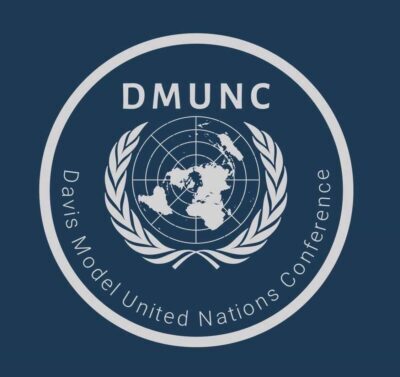Committee Agenda: Reforming the European Utopia – The Treaty of Lisbon
The Treaty of Lisbon (2009) played a crucial role in updating and streamlining the European Union’s legal and institutional framework. It was a significant reform treaty that built on earlier milestones like the Maastricht Treaty (1993), which formally established the Union and introduced key pillars like the Economic and Monetary Union (EMU) and the Common Foreign and Security Policy (CFSP).
While Maastricht laid the foundation for European integration, Lisbon significantly modernized it. It did so by enhancing decision-making efficiency, increasing democratic accountability, and clarifying the division of competencies between the EU and Member States.The Treaty of Lisbon placed a greater emphasis on democratic accountability within the EU framework. It strengthened the role of the European Parliament, giving it equal legislative power with the Council of the EU in most policy areas.
In this committee, you are expected to set the agenda for noteworthy issues that could change European history.

Topic A: Reforming Article 7 of the Treaty on the European Union regarding voluntary or forced exit of countries in the European Union.
The European Union was built on the foundational values of human dignity, democracy, equality, the rule of law, and respect for human rights, as outlined in Article 2 of the Treaty on European Union (TEU). These values are the bedrock of the EU’s unity and governance. Article 7 of the TEU provides a mechanism to address persistent breaches of these principles by member states, allowing for suspending rights such as voting and representation in EU institutions. However, the procedure is complex, requiring unanimity among other member states to identify breaches and a qualified majority to impose sanctions. While Article 7 is meant to safeguard the EU’s integrity, it has faced criticism for its inefficiency and potential for politicization. There are no provisions for expelling a member state, even for severe violations, raising questions about whether the mechanism is sufficient to enforce compliance. Moreover, before the Treaty of Lisbon, no mechanisms allowed a nation to self-remove from the European Union, raising questions about the nature of EU membership, the rights of Member States, and the balance between national sovereignty and collective European unity.
This committee is tasked with exploring the various forms of “exit” from the European Union (forced or volunteer) while respecting member states’ sovereignty and preserving the Union’s cohesion. Delegates should discuss how to streamline decision-making, balance enforcement with national autonomy, and ensure that the procedure remains fair and impartial.
Topic B: Democratic Representation Within the European Union
The discussions of the Lisbon Treaty have brought about significant changes in EU governance, but it has also deepened concerns about the democratic deficit within the Union. While it aimed to streamline decision-making processes and enhance the EU’s global influence, it has also been criticized for failing to address the democratic deficit within the EU adequately. Critics argue that the Treaty, in practice, would limit the ability of voters to influence legislation directly, centralizing power in unelected bureaucrats and technocrats at the European level.
The Treaty’s approach to democratic governance contrasts sharply with the principles of national democracies, where voters can directly elect lawmakers and shape legislation. In the EU, however, the complex and multi-layered decision-making process involving multiple institutions and member states makes it difficult for ordinary voters to have a tangible impact on policy outcomes. This disconnect has raised concerns about the legitimacy of EU decision-making and the centralization of power in Brussels.
This committee must explore ways to address these democratic concerns, ensuring that the EU remains accountable to its citizens while maintaining its capacity for effective governance.

Head Chair: Henry Rosenbach
Henry Rosenbach is a second-year economics student at UC Davis and the head delegate for the UC Davis team. He has been involved in policy-wise debate for four years and served as head chair of the Cuban Revolution Crisis for DMUNC XXI. Passionate about the treaties and meetings that created the modern European Union, he is excited to meet everyone in this year’s Treaty of Lisbon General Assembly Committee
